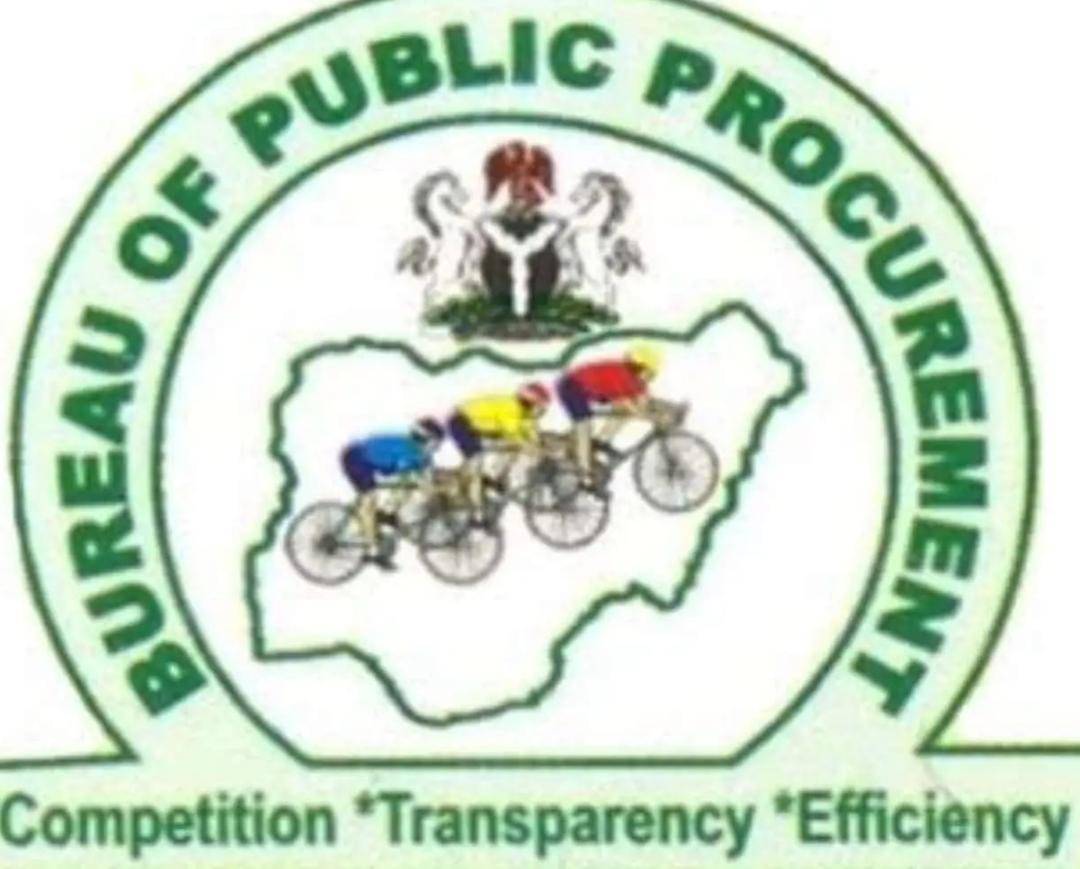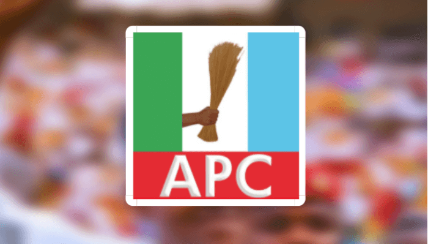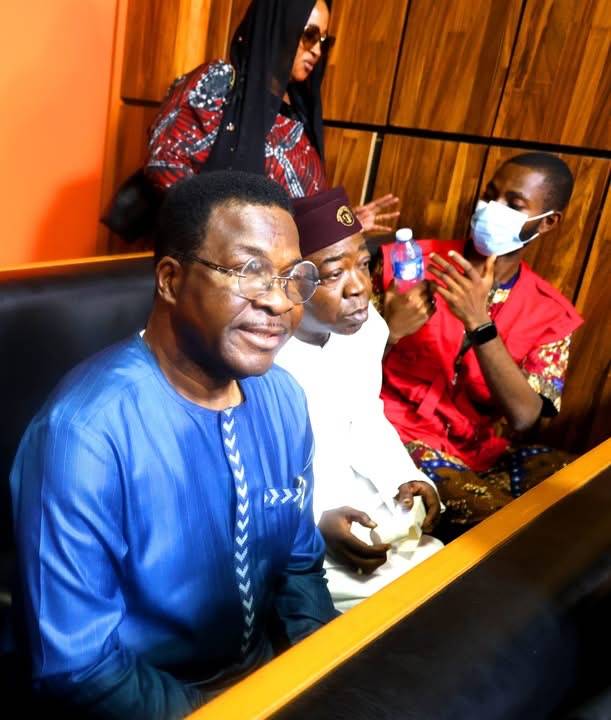By Segun Ayobolu
It is difficult to comprehend why the Financial Times titled its otherwise brilliant and nuanced editorial on two years of the President Bola Tinubu administration, published on May 29, as ‘Nigeria’s shock therapy’. The editorial did not disguise the newspaper’s fascination with the free market, neoliberal economic policies aggressively marketed and at times imposed especially on financially beleaguered, heavily indebted and chronically dependent third world countries by major international financial institutions like the World Bank, International Monetary Fund (IMF) and the World Trade Organization (WTO). But President Tinubu is no reflexive, unthinking afficiando of free market extremism. His support for neoliberal capitalist policies, an inclination noticeable even from the mid-eighties during the implementation of military President, General Ibrahim Babangida’s introduction of the Structural Adjustment Programme, (SAP), was not rigidly ideological. Rather, it was strategically pragmatic and understandably informed by his studying in the United States, his training as an accountant, his working in the public sector in America and rising to become Treasurer of Mobil Nigeria before his fateful foray into politics.
Unlike those opposition political leaders who claim to be blind and deaf to any achievements of the Tinubu administration and insist that the administration has zero performance levels, thereby exhibiting their intellectual dishonesty and lack of moral integrity, the Financial Times in its editorial demonstrates a commendable grasp of pertinent issues in Nigeria’s political economy. According to the newspaper’s Editorial Board, “On day one Tinubu removed a ruinously expensive fuel subsidy. More important still, the Central Bank has restored monetary policy orthodoxy after a shambolic era in which only cronies with access to cheap dollars benefitted. After a dangerous overshot, the Naira has stabilized, with the gap between the official and black market shrinking to almost nothing. The Central Bank has stopped printing money to pay for government profligacy. Politicians still spend too much, often on fripperies like an extravagant presidential Jet, but at least the government has begun to increase tax receipts”.
According to the newspaper”Halfway through the first presidential term of Bola Tinubu, who completes two years in office this Thursday, Nigeria is in better shape than at any time in the past decade. That may come as a surprise -or even sound like a sick joke – to tens of millions of Nigerians who af living crisis in a generation. That may come as a surprise – or even sound like a sick joke- to tens of millions of Nigerians who are suffering the worst cost of living crisis in a generation. Yet, a former governor of Lagos and the country’s wiliest politician in a generation, has stabilized the economy and laid the groundwork for a broader recovery”.
To build on this performance, the newspaper advised that the administration should tackle inflation with more urgency, build on tax reform by achieving its stated aim of doubling the ratio of tax collected to 18 per cent of GDP, spend envisaged higher tax revenue on neglected schools and clinics and confront Banditry and terrorism with the single-mindedness as it did monetary policy because “The army needs cleaning up as urgently as did the Central Bank”
The Waziri Adamawa stridently condemns what he describes as the reckless borrowing spree of the Tinubu administration while conveniently ignoring the explanation by the Minister of Finance and Coordinating Minister of the Economy, Mr Wale Edun, that “There is no such thing as a $25 billion borrowing plan over six months or even over one year, what was laid before the National Assembly in line with the law and the Medium Term Expenditure Framework is project-linked borrowing to be disbursed over five to seven years”. Again, a case of unfortunate intellectual dishonesty.
Alhaji Atiku accuses the Tinubu administration of implementing policies that only enrich a few and impoverish the majority of Nigerians. But the Waziri is least placed morally to raise such questions. He forgets how his former boss, General Olusegun Obasanjo, took him to the cleaners most vehemently and viciousl in his book, ‘My Watch’, for his alleged fraudulent role in the auction of some of Nigeria’s most prized public assets to his friends at give away prices far below their market values. When asked on national television to clarify the issue, Atiku cynically wondered whether he should have sold the assets to his enemies! The fraudulent privatization programme undertaken by the PDP during its 16 years in power was a key factor in Nigeria’s protracted economic crisis. Was it not under the PDP administration of former President Goodluck Jonathan that the then Power Holding Company of Nigeria (PHCN) was unbundled into Distribution and Generating Companies and handed over to private operators who as it turned out had neither the financial capability nor the professional expertise to effectively discharge the responsibility thrust on them. That remains a key causal factor today in the conundrum that continues to plague Nigeria’s power sector.
Most of the criticisms of the Tinubu administrasation’s two years in office have focused on the hardships engendered by the President’s harsh but inevitable economic reforms. But this is a cheap play on the emotions of Nigerians. The question is would the economy not have headed for a greater disaster, possibly terminal collapse, but for the clinical surgery that had to be performed on the patient through the reforms? For instance, the respected and cerebral Emeritus Catholic Archbishop of Abuja, Cardinal John Onaiyekan, at the 2025 Catholic Catholic Secretariat of Nigeria (CSN) Communications Week Public Lecture, called on President Tinubu to urgently address the severe economic hardship as well as the deteriorating security situation in the country which is obviously not an illegitimate demand.
According to the cleric, “I do not think we are unfair to government if we say that in the last two years, our level of living has crashed considerably. The government is there to make sure that the level of well-being of Nigerians is maintained and if possible, improved. If he continues like this for the rest of his term, if we have a free and fair election, he will not win. Because how can the country bring him back, if we are not feeling good?”.
Unfortunately, the problem with this type of criticism is that it assumes that the problem with the Nigerian economy was created in the last two years of the Tinubu administration. But the structural distortions at the root of Nigeria’s protracted economic crisis long predated the current administration.
The problem with the import-substitution industrialization mode adopted during the colonial era and sustained by successive post-colonial governments, according to Professor Bayo Olukoshi, is that as it developed, “it became clear that its sustainability depended on the ability of the state to earn sufficient foreign exchange to met its needs, namely, raw materials, spare parts and machinery”. For as long as the state was awash with abundant foreign exchange earnings largely from munificent oil sales, there was no problem.
This was why General Gowon as Head of State boasted in the early 1970s that Nigeria’s problem was not money but how to spend it. By the late seventies to early eighties, the bubble burst. Nigeria’s foreign exchange earnings plummeted substantially and the manufacturing sector suffered a severe decline at a time when agricultural productivity and earnings had plunged abysmally. The military administration of General Obasanjo, the civilian administration of Alhaji Shehu Shagari and the military regime of General Muhammadu Buhari were all forced to adopt different variants of austerity measures that left the fundamentally distorted structure of the economy unaddressed.
By 1984, Nigeria’s economic and development planning had reached a veritable dead-end. Refusing to accept the IMF and World Bank conditionalities such as removal of fuel and other subsidies as well as the devaluation of the Naira, the Buhari-Tunde Idiagbon regime became isolated from the international monetary system while its policies such as drastically stepping up the amount of national resources expended on servicing debt to win the confidence of international creditors or the adoption of counter-trade to barter Nigeria’s crude oil for critical raw materials were largely ineffectual. In August 1985, Babangida stepped in as military President and radically changed the direction of Nigeria’s economic developmental trajectory by reaching an accommodation with the International Financial Institutions and implementing the Structural Adjustment Programme which met all of the IMF/World Bank conditionalities although it did not obtain the IMF loan due to fierce public opposition.
Babangida fundamentally deregulated the economy especially prices and interest rates, devalued the Naira, removed import controls, substantially reduced fuel subsidies, embarked on an elaborate privatization and commercialization programme of public enterprises among other essentially market-driven policies. But ultimately the outcome of these policies was to lead to massive de-industrialization of the economy with many formerly flourishing manufacturing companies shutting down, worsening unemployment, deteriorating infrastructure and services in health and education, escalating inflationary spirals and deepening poverty levels. Despite this, all governments after Babangida with the exception of the General Sani Abacha junta, adopted varying degrees and components of SAP. Perhaps Nigeria has no choice. In terms of policy articulation, enunciation and implementation, we are really not much different from a one-party state.
It is in the interest of the political class, in spite of partisan differences, for the Tinubu administrasation’s Renewed Hope Agenda to succeed. This may be the last opportunity for the bourgeois class to demonstrate its capacity to lead Nigeria effectively and capably and avert the instigation of revolutionary pressures that may move Nigeria in a radically different direction. Luckily, the administrasation’s reform agenda is beginning to yield fruit. There has been a substantial increase in foreign reserves, inflationary spirals are gradually coming down as agricultural productivity picks up, our debt obligations are being steadily offset boosting confidence in the management of the economy, sub-national units of government earn markedly increased revenue accruals enhancing their capacity to deliver democracy dividends and ameliorate poverty, there have been impressive trade surpluses over the last three quarters, foreign direct investment is steadily growing while significant number of Nigerians are being positively impacted by such programmes as the Student Loans Scheme and the Presidential Loan and Grant Scheme to name just a few successes of the administration.
But the administration cannot afford to rest on its oars. The President cannot allow any of his functionaries to lapse into complacency arising from self-satisfaction. As Professor Okwudiba Nnoli noted of the Babangida regime, its SAP actually met the targets it set for itself between 1986 and 1989. But in spite of this, this momentum was not sustained. IBB’s SAP ultimately failed. How can President Tinubu’s Renewed Hope Agenda’s successes be sustained and have an enduring and sustainable impact on the Nigerian economy?
The Financial Times gives an important advice: “As Nigeria’s election cycle edges towards 2027, Tinubu May be tempted to slow the pace of change. That would be a mistake. He should forge ahead, with the overriding aim of making ordinary Nigerians – not just investors – feel the benefits of shock therapy”. But ‘Shock Therapy’ again? This was a phrase coined by the Canadian radical and progressive writer, Naomi Klein, in her best selling book, ‘The Shock Doctrine’. It is a term she uses to describe what she calls ‘disaster capitalism’. It is built on the economic philosophy of the late influential economist of the University of Chicago, Milton Friedman, who believed that natural disasters or even deliberately instigated occurrences such as wars provide great opportunities for private interests and corporations to take over public assets and turn them into profitable ventures in a way that governments can never do. That certainly is not the spirit of Tinubu’s Renewed Hope Agenda.
Culled From The Nation











